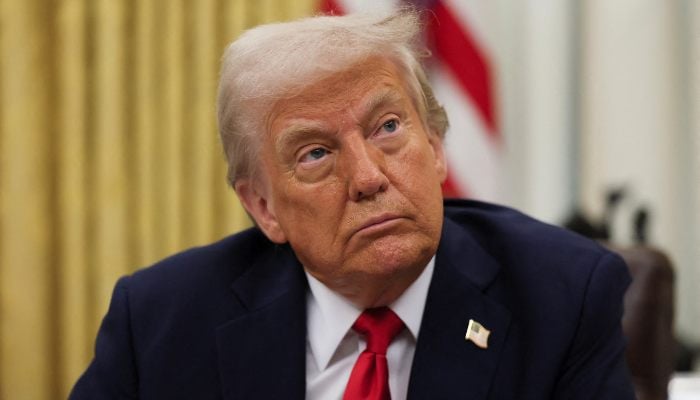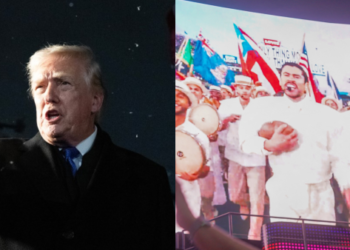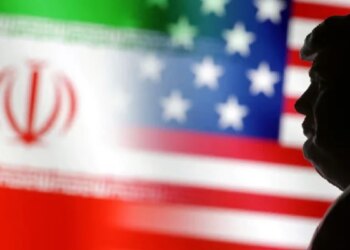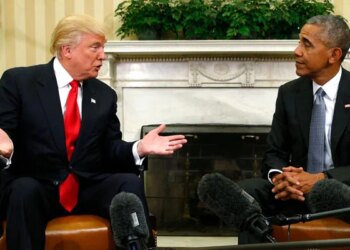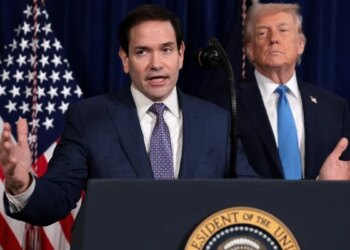Select Language:
Washington, D.C. — On Friday, the administration of President Donald Trump announced that the United States will not adopt the amendments previously agreed upon with the World Health Organization (WHO) regarding pandemic responses, citing concerns over national sovereignty.
After returning to office on January 20, Trump initiated the U.S. withdrawal from the United Nations agency. However, the State Department clarified that the terms established last year would still apply to the U.S.
Secretary of State Marco Rubio and Health and Human Services Secretary Robert F. Kennedy Jr., a long-time vaccine skeptic, asserted that these changes “pose an unnecessary threat to our sovereign right to establish health policies.”
In their statement, they emphasized, “We prioritize the interests of Americans and will not accept international agreements that compromise their freedoms, privacy, or rights.”
Rubio and Kennedy distanced the U.S. from a series of amendments to the International Health Regulations, which serve as a legal framework for managing diseases and were agreed upon during the World Health Assembly in Geneva last year.
WHO Director-General Tedros Adhanom Ghebreyesus expressed disappointment over the U.S. decision to reject the amendments, tweeting that they are designed to respect member states’ sovereignty and clarify that the WHO cannot enforce lockdowns or similar restrictions.
Key changes included a commitment to equity and solidarity, with a plan to examine the needs of emerging countries during future crises.
Countries had until Saturday to express any reservations about the amendments. Conservative activists and vaccine skeptics in the U.K. and Australia, both governed by left-leaning administrations, have actively campaigned against these changes.
These amendments arose after the Assembly failed to secure a more ambitious global agreement on pandemic preparedness. A treaty was finally reached in May, but the United States did not participate due to its ongoing withdrawal from the WHO.
Under President Joe Biden, the U.S. was part of the negotiations in May and June 2024 but was unable to support the consensus due to demands for protections of U.S. intellectual property rights related to vaccine development.
Rubio’s predecessor, Antony Blinken, had characterized the amendments as a step forward.
In their rejection, Rubio and Kennedy claimed the proposed modifications “do not adequately address the vulnerability of the WHO to political influence and censorship, especially from China, during health crises.”
In response, Ghebreyesus insisted that the WHO remains impartial and collaborates with all nations to enhance public health.

